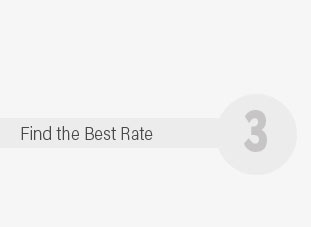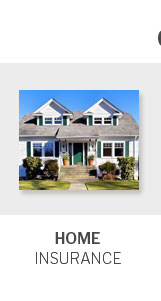 |
 |
 |
|---|
 |
 |
 |
 |
|---|
 |
 |
 |
 |
 |
 |
|---|

Understanding the Average Cost of Home Insurance: A Comprehensive OverviewWhen it comes to safeguarding one of the most significant investments you will make in your lifetime, understanding the nuances of home insurance becomes crucial. The average cost of home insurance can vary dramatically depending on a plethora of factors, and it is essential to navigate this landscape with a well-informed perspective. As a homeowner, you are not just investing in bricks and mortar, but in peace of mind. While the financial outlay for home insurance might seem like an unnecessary burden to some, it is, in reality, a safeguard against the unpredictable whims of fate. The average cost of home insurance in the United States hovers around $1,200 annually, but this figure can fluctuate based on several determinants. Firstly, location plays a pivotal role. Homes situated in areas prone to natural disasters such as hurricanes, earthquakes, or floods generally attract higher premiums. Insurance companies assess risk levels based on geographical data, which directly impacts your premium. It's prudent to consider these factors when purchasing a home, as they will influence your long-term financial commitments. Additionally, the age and condition of the property are vital considerations. Older homes or those in need of significant repairs often incur higher insurance costs due to the increased likelihood of claims. Moreover, the coverage level you choose can significantly impact your premiums. Comprehensive policies that cover a broad range of potential damages will naturally cost more than basic coverage. While it might be tempting to opt for the cheapest option, consider the potential repercussions of underinsurance. The adage 'you get what you pay for' holds particularly true in this context.
Additionally, maintaining a good credit score can favorably impact your insurance rates, as insurers often use credit-based insurance scores to predict the likelihood of filing claims. In navigating these intricacies, consulting with an insurance advisor can provide tailored insights, ensuring your policy aligns with both your budget and protection needs. While it is natural to focus on the cost of premiums, it's equally important to consider the value offered. Ultimately, home insurance is an investment in your future stability. By taking a strategic approach, homeowners can balance cost with comprehensive coverage, securing their sanctuary against unforeseen adversities. In summary, understanding the average cost of home insurance requires seeing the bigger picture and making informed decisions that best protect your home and financial well-being. https://www.moneygeek.com/insurance/homeowners/average-cost-home-insurance-iowa/
Average Cost of Home Insurance in Iowa by Credit Score. Homeowners with excellent credit pay an average annual premium of $1,434 for homeowners insurance in ... https://www.reddit.com/r/RealEstate/comments/12b0ksg/whats_a_reasonable_price_for_homeowners_insurance/
Home Insurance: Average cost to rebuild a home in Calgary? 1 upvote 20 comments. r/Insurance icon. r/Insurance. 1 mo. ago - Homeowner's ... https://mwg.aaa.com/insurance/home/articles/homeowners-insurance-cost
In the U.S., the average home insurance costs about $1,915 per year, according to NerdWallet, though your exact cost will depend on your unique situation.
|
|---|